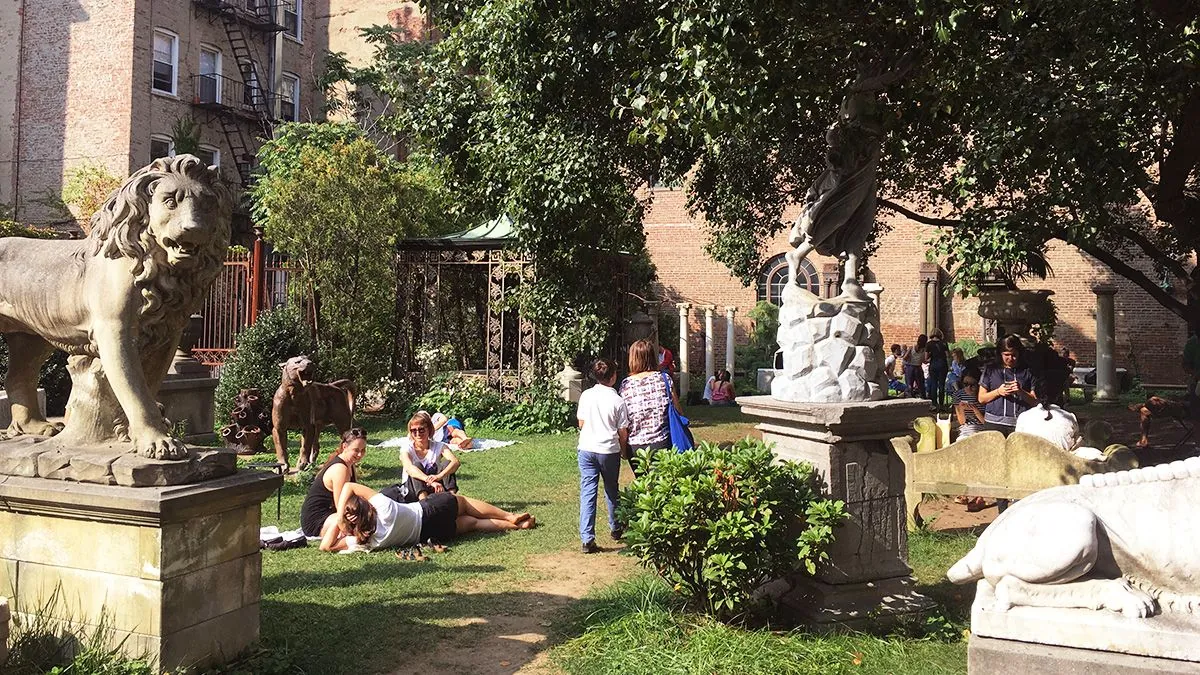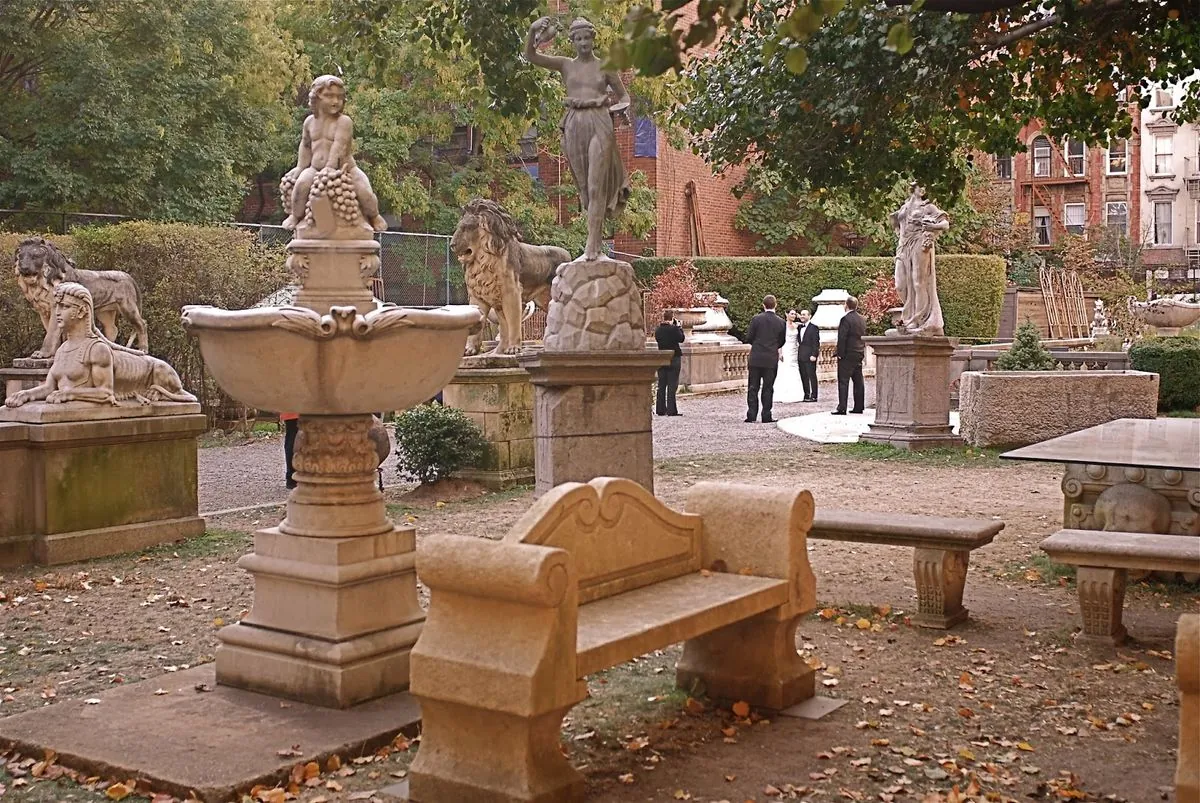NYC Garden Faces Closure as Housing Crisis Sparks Debate
Elizabeth Street Garden in Manhattan may close for housing development, sparking debate between celebrities and city officials. The controversy highlights tensions in New York's push for affordable housing amid preservation concerns.

In the heart of New York City's Little Italy, a beloved urban oasis faces an uncertain future. The Elizabeth Street Garden, established in 1991 on city-leased land, may soon be replaced by a 123-unit affordable housing project for seniors. This development has ignited a heated debate between those advocating for increased housing and those fighting to preserve the neighborhood's character.

The garden's potential closure has drawn opposition from notable figures, including Robert De Niro, Martin Scorsese, and Patti Smith. These celebrities, along with thousands of others, have appealed to Mayor Eric Adams to save the green space. De Niro, known for his roles in Scorsese's films, expressed support for affordable housing while emphasizing the importance of maintaining neighborhood identity.
This controversy exemplifies the broader challenges facing New York as it grapples with a severe housing shortage. The city's vacancy rate hit a 56-year low of 1.4% in February 2024, underscoring the urgent need for new housing solutions. In response, Mayor Adams has set an ambitious goal of creating 500,000 new homes by 2032 and launched the "City of Yes" initiative to update zoning regulations.
The City of Yes plan aims to increase housing density across all neighborhoods, including converting underused office buildings and allowing apartments above businesses in low-density areas. However, this approach has met resistance, particularly in outer boroughs like Queens and Staten Island, where residents fear overcrowding and loss of suburban character.
"I think it's fear - fear of change."
While Richards provided conditional support for the City of Yes plan, critics like urban planner Paul Graziano view it as potentially "apocalyptic" for low-density neighborhoods.
The Elizabeth Street Garden controversy and the broader housing debate highlight the complex balance between development and preservation in New York City. As the city strives to address its housing crisis, it must navigate the competing interests of various stakeholders and find solutions that respect both the need for affordable housing and the desire to maintain neighborhood character.
With the garden's lease set to expire on September 10, 2024, time is running out for those hoping to save this unique space. As Joseph Reiver, who now manages the garden, poignantly noted, "There's nothing like Elizabeth Street Garden in the city, and the city will never build anything like it again."
As New York City continues to evolve, the outcome of this debate may set a precedent for how the city balances its pressing housing needs with the preservation of its diverse and cherished neighborhoods.


































